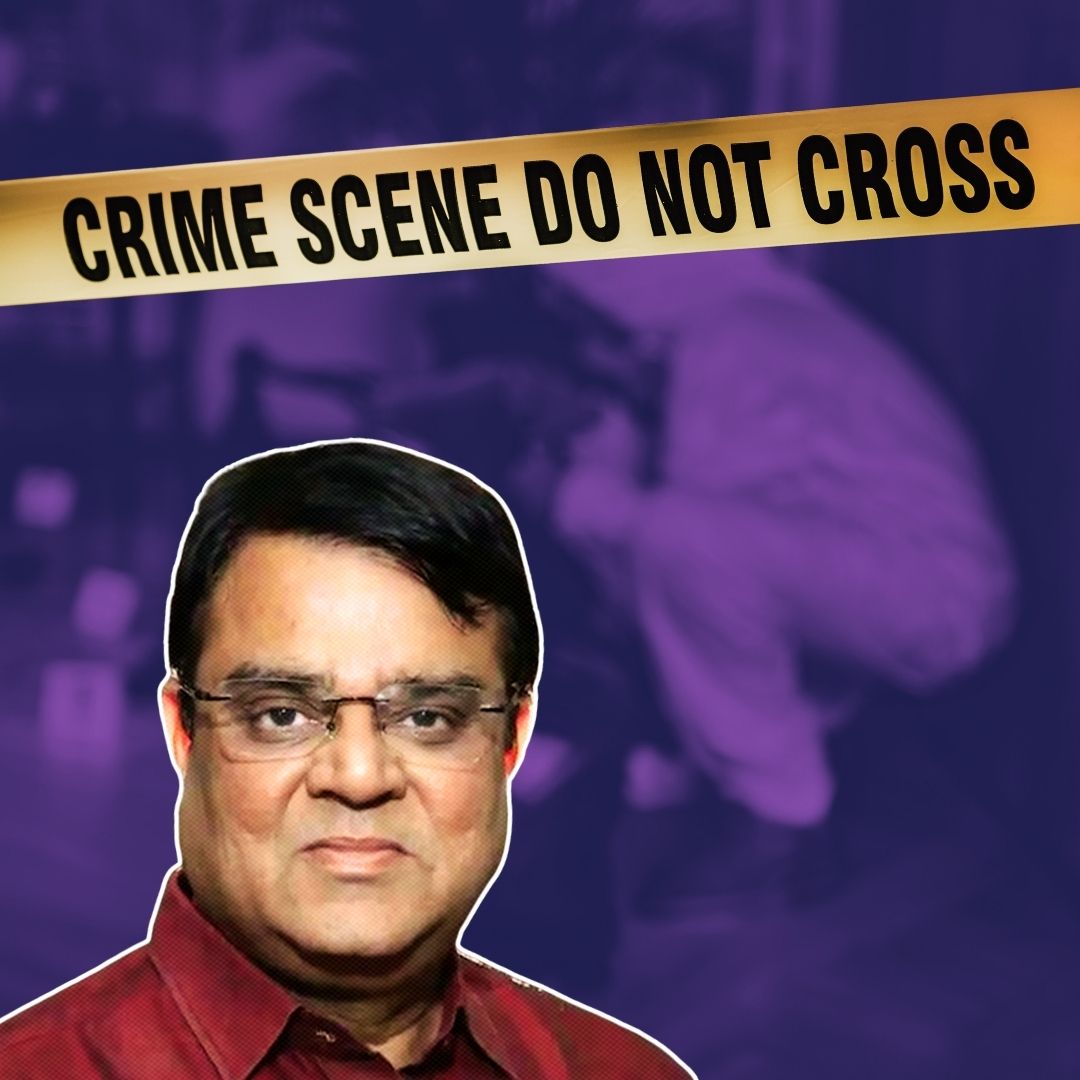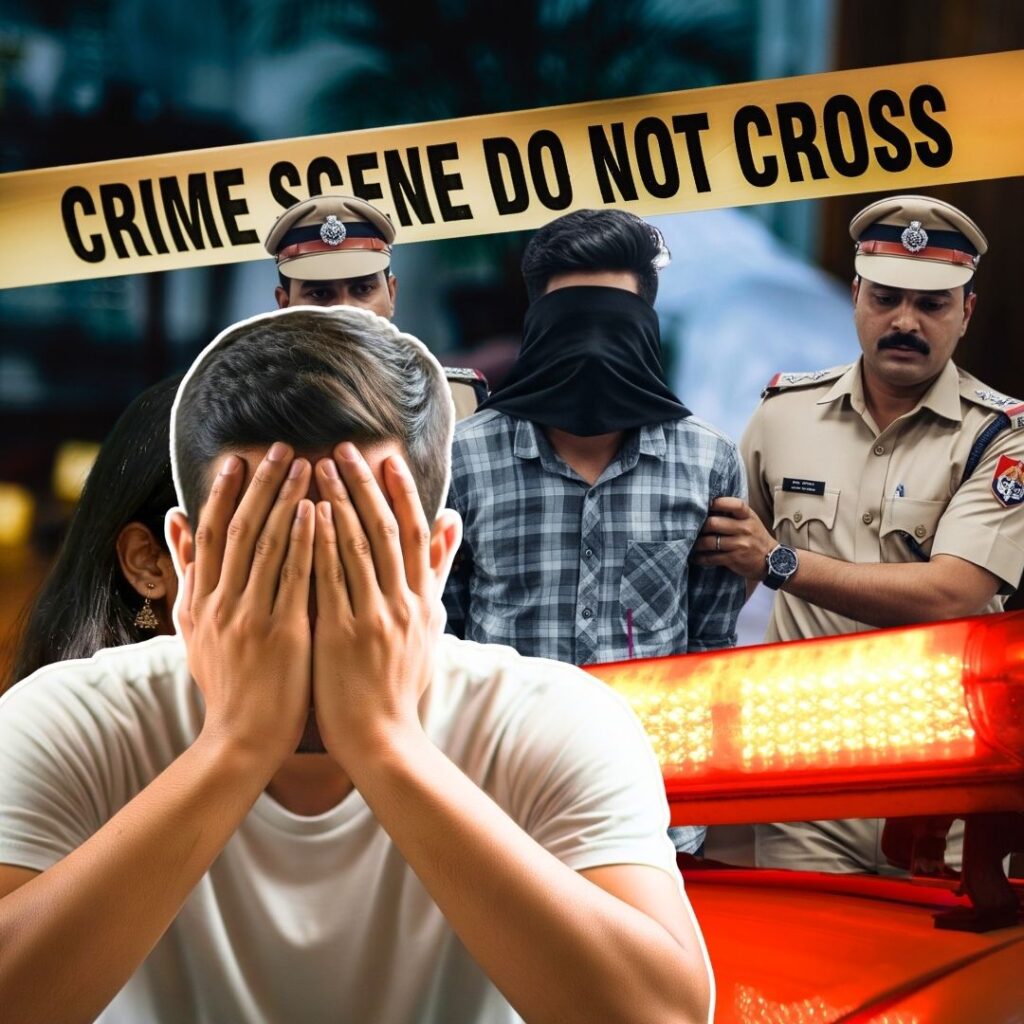Gopal Khemka, prominent business tycoon and Bharatiya Janata Party (BJP) leader, was shot dead outside his Patna residence near Gandhi Maidan late on July 4, 2025.
The attack, carried out by a bike-borne assailant as Khemka stepped out of his car, has prompted Bihar Police to form a Special Investigation Team (SIT) led by SP City Central. The murder, eerily similar to the unsolved killing of his son six years ago, has sparked public outrage and political debate over law and order in Bihar.
Shocking Attack Echoes Past Tragedy
Khemka, owner of Magadh Hospital and a respected figure in Patna’s business and political circles, was gunned down around 11:40 pm near his Twin Tower residence, adjacent to Hotel Panache. CCTV footage captured the assailant waiting outside before firing at close range and fleeing on a motorcycle. Police recovered a bullet and shell casing from the scene, with forensic teams collecting further evidence.
Khemka’s brother, Shankar, criticised the police for arriving nearly three hours after the shooting, highlighting concerns about response times and public safety. The murder’s chilling resemblance to the 2018 killing of Khemka’s son, Gunjan, who was also shot dead by a bike-borne assailant, has intensified calls for justice.
Investigation Underway, Motive Probed
Bihar DGP Vinay Kumar confirmed the formation of an SIT, with the Special Task Force (STF) also involved in the probe. “A Special Investigation Team has been constituted under the supervision of the City SP to investigate the case,” he stated, adding that early leads point to a possible property dispute as a motive.
City SP (Central) Diksha Kumari said, “The crime scene has been secured, and further investigation is underway. We have recovered spent bullets and are reviewing CCTV footage for clues.” The murder has reignited political debate, with opposition leaders questioning the Nitish Kumar government’s claims of good governance and demanding swift action.
The Logical Indian’s Perspective
The brazen murder of Gopal Khemka, coming just months before Bihar’s assembly elections and echoing a previous family tragedy, is a stark reminder of the urgent need for robust law enforcement and public accountability.
While the formation of an SIT is a positive step, the recurrence of such high-profile crimes raises pressing questions about safety, justice, and the rule of law.











